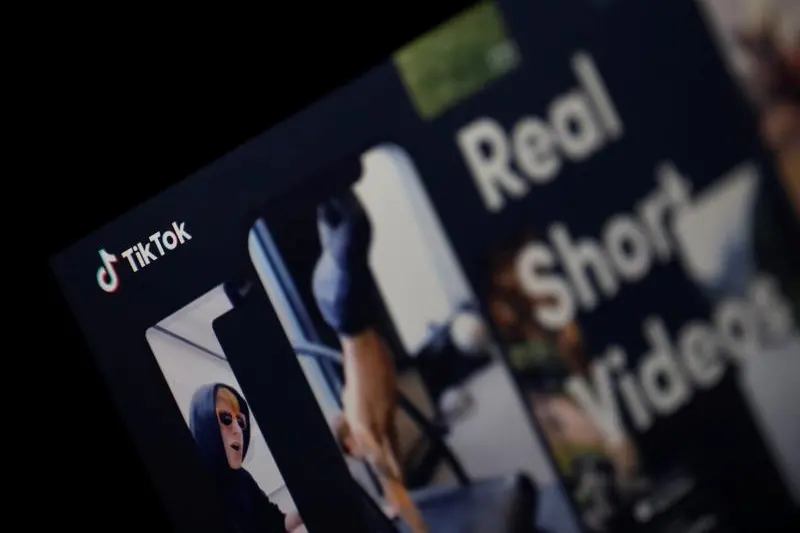PHOTO
SAN FRANCISCO - The clock is ticking for TikTok’s American business. U.S. Senator Marco Rubio wants parents to delete the popular video app owned by China’s $75 billion ByteDance. TikTok is ramping up its D.C. lobbying. But the political mood is ripe for curbs on any Chinese upstart with global ambitions.
TikTok has achieved the rare feat of commercial success in the United States. Popular with kids and twenty-somethings - an attractive demographic for advertisers - it has about 26 million active monthly American users, as estimated by Mediakix. E-commerce giant Alibaba and other Chinese tech firms still serve mainly consumers in the People’s Republic.
Its popularity has spurred scrutiny and fear. Rubio said on Instagram on Thursday that users of TikTok were donating their personal data to China. Even Facebook boss Mark Zuckerberg took a potshot, saying the app known for its 15-second viral videos had censored content about the Hong Kong protests, which TikTok denies.
Such issues are already flashing brightly on Washington’s radar screen. TikTok’s privacy policy states that user information may be shared with its parent company or other affiliates. That’s typical for many companies, but ByteDance might struggle to deny a Chinese government request for data. The U.S. Federal Trade Commission in February slapped a nearly $6 million fine on TikTok for illegally collecting information from children.
TikTok is bending over backwards to show it is aware of the concerns. It recently hired a U.S. law firm to work on child safety and other issues. It has an American management team. It operates independently from ByteDance, and its servers are located stateside.
But the risks are rising. Rubio recently asked the powerful Committee on Foreign Investment in the United States to review ByteDance’s $800 million acquisition of lip-syncing app Musical.ly in 2017. Other officials have questioned why TikTok is allowed to operate in America when Facebook and other U.S. social networks are banned in China. In an extreme scenario, the government could add ByteDance to an export blacklist, making life difficult for its U.S. unit.
The few other Chinese firms that have done well in America are also under pressure. There's the partially blacklisted telecom-equipment giant Huawei. And DJI, the world’s largest commercial drone maker, is also fighting a Washington crackdown. TikTok is the latest cautionary example.
CONTEXT NEWS
- Facebook Chief Executive Mark Zuckerberg said on Oct. 17 that the Chinese government forced video app TikTok to censor content that supports protests in Hong Kong. He made his comments during a speech in Washington, D.C.
- TikTok, which is owned by Chinese firm ByteDance, said its content moderation policies are led by its U.S. team and are not influenced by any foreign government. It also said the Beijing government doesn’t have jurisdiction over TikTok content and that it did not remove videos based on Hong Kong protests.
- Separately on Oct. 17 in an Instagram post, Republican Senator Marco Rubio called on parents to delete TikTok, saying the app collects personal data. He has also asked the Committee on Foreign Investment in the United States to review TikTok’s acquisition of lip-sync video app Musical.ly.
- On Oct. 15, TikTok U.S. General Manager Vanessa Pappas said the company had hired K&L Gates, a law firm, to help it in the areas of child safety, hate speech, misinformation and others.
(Editing by Richard Beales and Leigh Anderson)
© Reuters News 2019





















